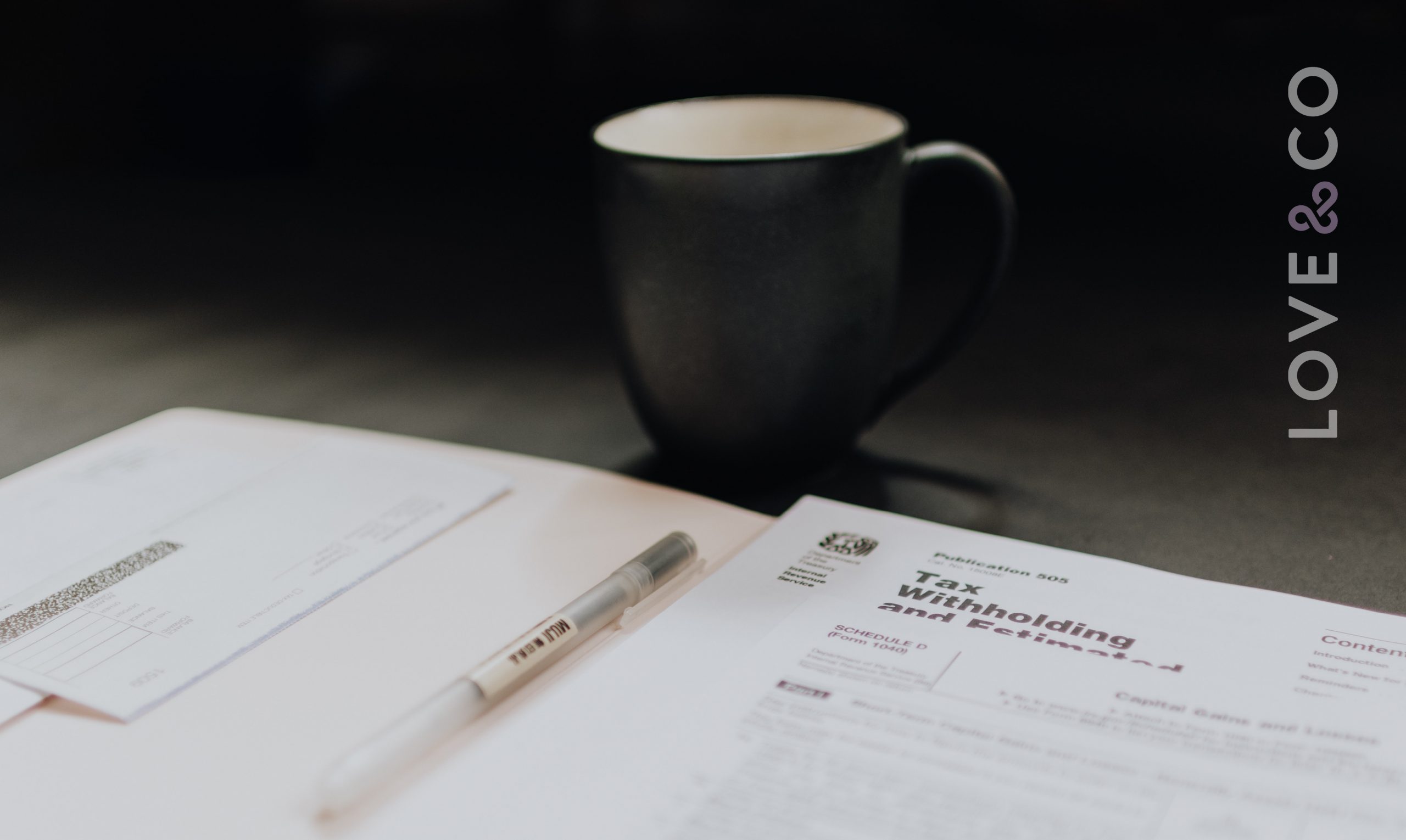Common Tax Mistakes by Property Owners
Common tax mistakes by property owners
Working out tax relating to your investment property can be daunting, and without proper guidance, there are a number of common pitfalls that new investors can encounter. That especially applies to people buying their first investment property, but even seasoned owners can trip up from time to time.
Personal Spending
If you use a loan to purchase your rental property (as most of us do), you can claim interest as a deduction when doing your taxes. However, if that loan is used for anything other than the property, your tax situation becomes more complicated.
It’s not uncommon for people to take money off their loan for personal reasons – they might take their family on a holiday, or purchase a vehicle. From that point on, however, interest cannot be claimed on that portion of the loan. It’s not as simple as paying it back either, as the money you used for personal reasons will represent a portion of the total loan.
If possible, avoid using your loan for personal purchases. If you can’t avoid it, you’ll need to figure out the percentage of the loan that was used for reasons other than for the rental property, and avoid claiming that part as a deduction.
Borrowing expenses
Most people incur expenses in the process of buying a home, such as the costs associated with title searches, preparing and filing documents, and paying fees mortgage establishment fees. These expenses can be claimed as a deduction, but there are rules that dictate when they can be claimed.
If your expenses related to your mortgage are less than $100, you can claim the full amount that tax year. If the expenses cost you more than $100, your deductions will need to be spread over a five year period.
However, the costs of actually buying your property aren’t able to be claimed – expenses such as conveyancing and stamp duty can’t be claimed as deductions. These expenses will come into play later on if you decide to sell your property, as they’re used to work out whether your property made a capital gain or loss.
A capital gain or loss is the difference between what you spent on buying and making upgrades to the property, and what the property sells for. When you sell, a capital gain will need to be included that financial year as assessable income. A loss can be used as a deduction from capital gains in the future.
Rental property expenses
Expenses relating to your rental property can usually be claimed as deductions, but there are some circumstances that will invalidate your claim. Your property must be genuinely available for rent for you to claim the expenses as a tax deduction. You will need to prove that you made a genuine effort to make the property available for rent. That includes asking a reasonable price for the property, having the property in a suitable condition to rent, and advertising the property.
If you allow friends or family to stay in your property free of charge, or if you use the property for personal reasons, you can’t claim deductions for that period. If you offer someone a reduced rate below the reasonable market rate for similar properties, you can only claim up to the amount of rent you actually received.
Remember that if your property is owned with another person, your portion of the rental income and claim expenses have to be disclosed according to how much of the property you legally own. Your legal interest could be equally divided, but there could be some circumstances where you and the other owners have different ownership interest percentages.
Repairs and construction.
When you can claim for repairs and upgrades will depend on what type of work you are completing. Initial repair costs to fix damage that was present when you bought the property can’t be deducted that financial year, but they are used to calculate your capital gain or loss. If your repairs are due to damage that occurred as a result of renting the property they can be claimed as an immediate deduction that tax year.
Some construction costs can be claimed as capital works deductions. As it’s a deduction over a long period of time (2.5% each year over 40 years), you’ll need to ask if the previous owner had been claiming a capital works deduction to calculate costs. If you can’t get hold of the figures, you can get an estimate from a qualified professional.
Working out your tax
Unless you’re a tax pro with lots of experience with rental property, you’re always going to be safer if you consult a real tax expert. There are a lot of hidden pitfalls when it comes to what you can claim, how you claim it, how much you can claim, and when you can claim.
Regardless of whether you engage a professional or try to handle it yourself, your record-keeping will be key for getting your tax right, now and in the future. Keep meticulous records of all your expenditure and income relating to the property – costs that can’t be claimed now could be important when it comes time to calculate your capital gain or loss, for example. You’ll need to keep your records for the whole period of time that you own the property, and for five years after you sell it.
While your tax is down to you and the expert you hire to help you avoid the common pitfalls, Love & Co are the experts when it comes time to buy or sell. If you’re considering purchasing an investment property or when it comes time to sell, make the most of our expert local knowledge and market experience to get the most from your investment property.



